Japanese encephalitis (JE) is a mosquito-borne disease caused by the JE virus, which is transmitted to human via bites from an infected mosquito, usually the common type in Hong Kong, the Culex. The mosquito gets the virus from infected pigs and birds. The disease therefore is not transmissible among humans. Symptoms occurs after an incubation of up to 14 days, usually starting with fever and headache, followed by neurological symptoms like neck stiffness, weakness, movement disorder, impaired consciousness, coma and convulsions in the severe cases. Mortality varies from 5-35%. As there is presently no specific treatment, management is largely supportive.
In Hong Kong, reported cases ranges from 0-6 a year, with the vast majority imported. However, the disease is endemic (occurs all year round) in neighboring territories like mainland China, Japan, Korea, Taiwan, and all over southeast and south Asia.
Vaccination is the best way of preventing the disease. Otherwise, control measures against mosquito and segregation measures for pigs and birds are poor substitutes. In countries like China, Japan, Korea, Taiwan, Thailand and Sri Lanka, national vaccination programmes are in place for children and adults. An effective live-attenuated vaccine has become available in Hong Kong since 2014 (Imojev, Sanofi-Pasteur). This vaccine has been found to be highly effective in adults, children 2-5 years of age, and infants 1-2 years of age, with sero-conversion rates of 92% or above after one single dose. Side effects are few and mostly mild: fever, headache, muscle pain in up to 20%; injection site swelling <10%. The vaccine is given subcutaneously on the thigh (for children 2 years or less), or the deltoid region (for > 2 years). The vaccine should not be given with other vaccines, with a 4 week gap before and afterwards.
Therefore we recommend the following:
- Children who are from or living or who will live in endemic areas should receive the vaccine at 9 months of age or above, followed by a booster 1-2 year afterwards.
- Endemic countries in Asia as of date includes: Australia (restricted parts), Bangladesh, Cambodia, China, India, Indonesia, Japan, Korea, Laos, Malaysia, Myanmar, Nepal, Papua New Guinea, Pakistan, Philippines, Singapore, Sri Lanka, Thailand, and Vietnam.
- Children and adults who plan to stay in endemic areas for a month or above should also be protected.
- Those individuals who received the older JE vaccines can take one dose of Imojev as a booster.
Our staff will be happy to answer any questions you may have about the vaccine.

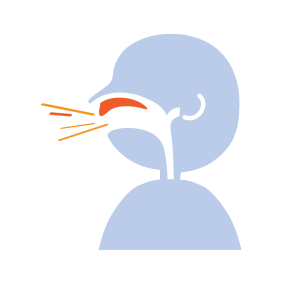
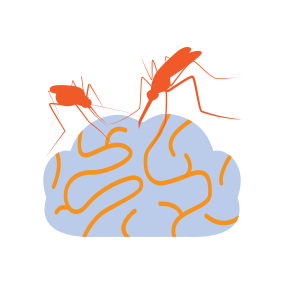
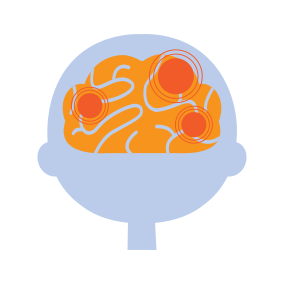
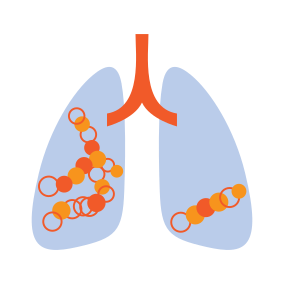
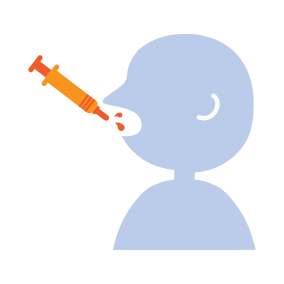
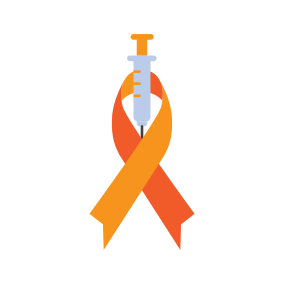
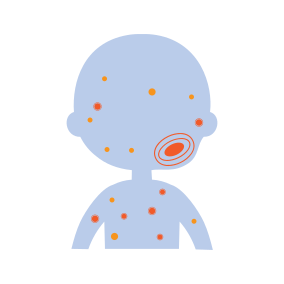
疫苗.png)
